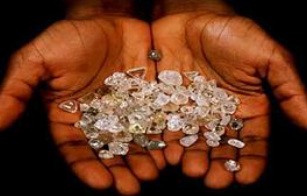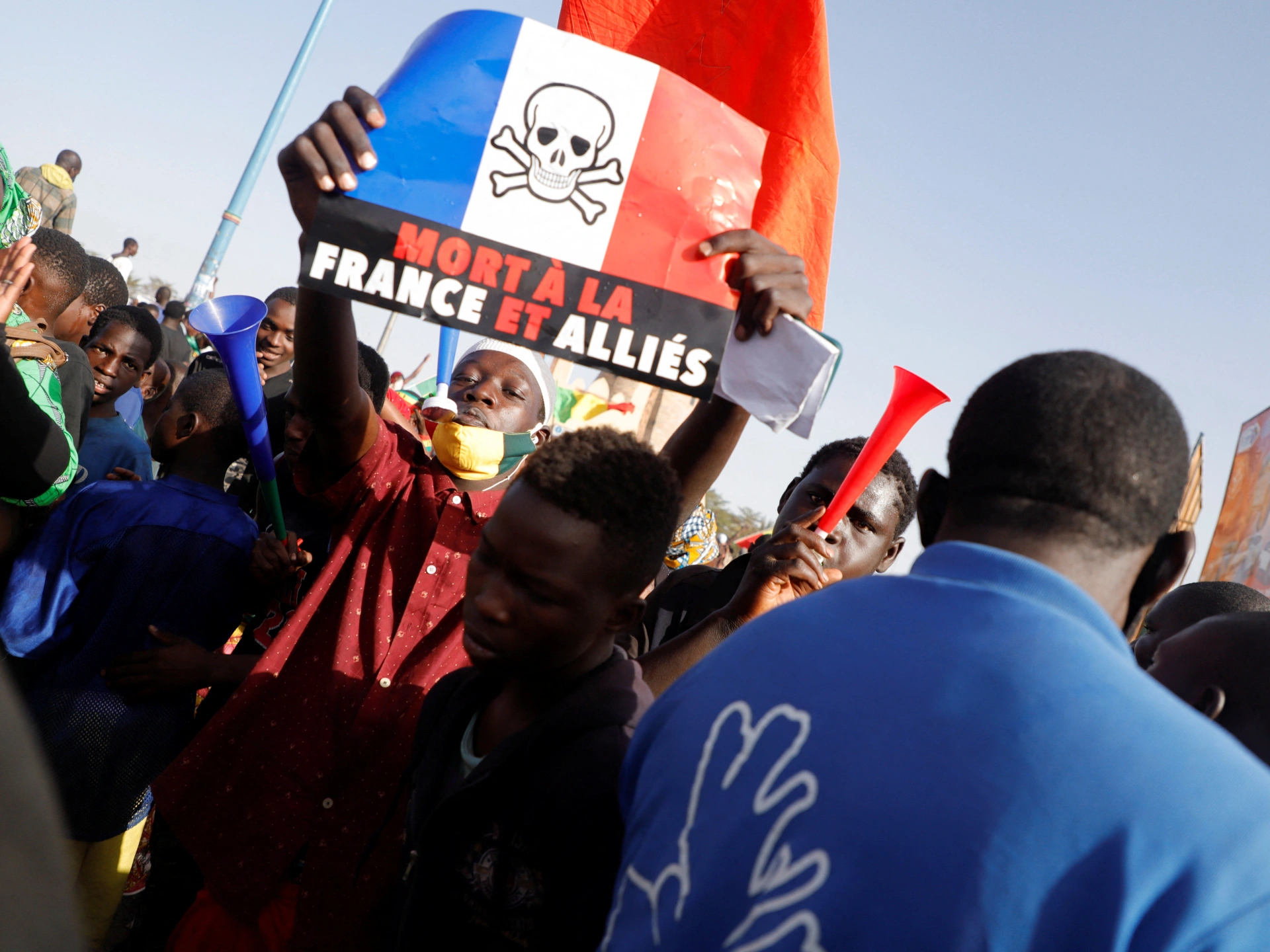To protect its abundant natural resources, African countries need to make concerted efforts to combat illicit resource trade, according to reports from the African Development Bank (AfDB) and United Nations Environment Program (UNEP).
Africa boasts a significant amount of the world’s natural resources, both renewable and non-renewable, including arable land, oil, natural gas, minerals and wildlife. The continent contains 30% of the world’s mineral reserves, 8% of natural gas reserves and 12% of oil reserves, according to the UNEP data. Africa holds 40% of the world’s gold reserves, up to 90% of the world’s chromium and platinum reserves, the world’s largest cobalt, diamond, platinum, and uranium reserves. It has 65% of the world’s arable land and 10% of the world’s internal renewable fresh water supply.
Africa as a whole stands to benefit greatly from banding together and utilizing its abundant natural resources to fund development and achieve greater prosperity. But to achieve this, it must ensure that future resource development and exploitation are goal-oriented, climate resilient and sustainable. Only a few nations, including South Africa, Botswana, Ghana, Burkina Faso and Tanzania, account for more than 80% of the value that mineral commodities produce. Countries like the Democratic Republic of Congo (DRC) and Guinea, which are likewise endowed with resources worth an estimated US$23 trillion, are absent from this list.
Closing the gap for the illegal trade in natural resources can help raise some of the funds that Africa needs to support inclusive prosperity. The unrecorded exchange of natural resources that undermines the economic advancements of the larger African civilization is referred to as “illicit commerce” in this context. According to AfDB’s ‘Illicit Trade in Natural Resources in Africa’’ report, the minerals targeted for illicit trading in the mining sector are primarily high-value resources. These include gemstones, precious metals, and rare earths-Illicit diamond trading, for example, is rampant in Zimbabwe’s Marange diamond fields, CAR, DRC, and Sierra Leone. Cassiritite, which is used to make tin, is the single most illegally traded mineral in Africa by volume. In 2013, an estimated 7 000 tons of the substance were illegally exported from the DRC for a total value of US$29 million.



